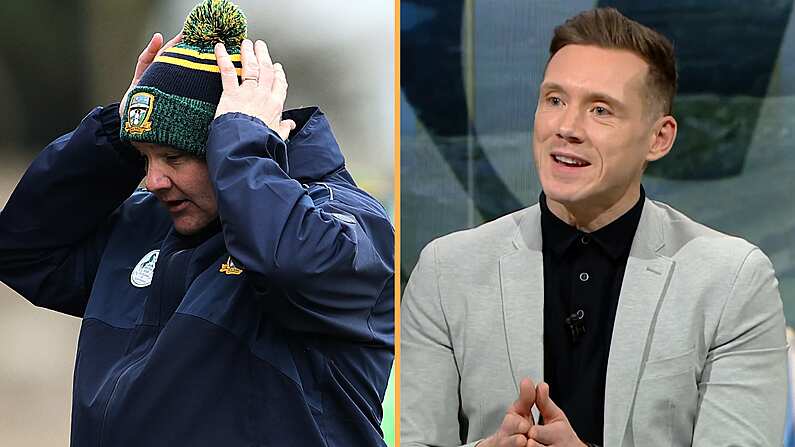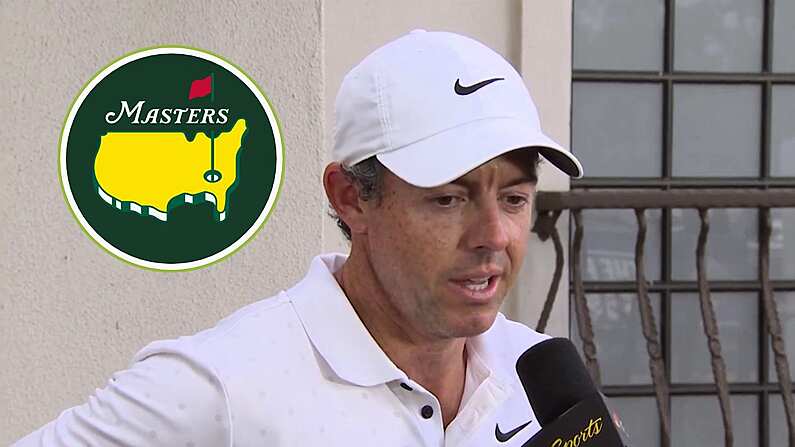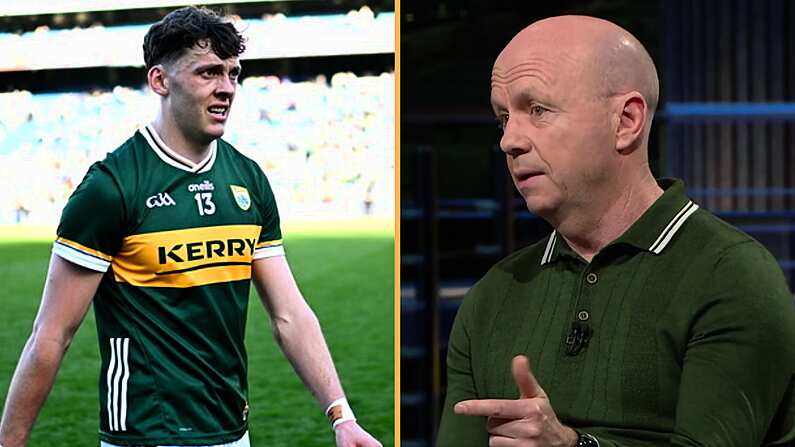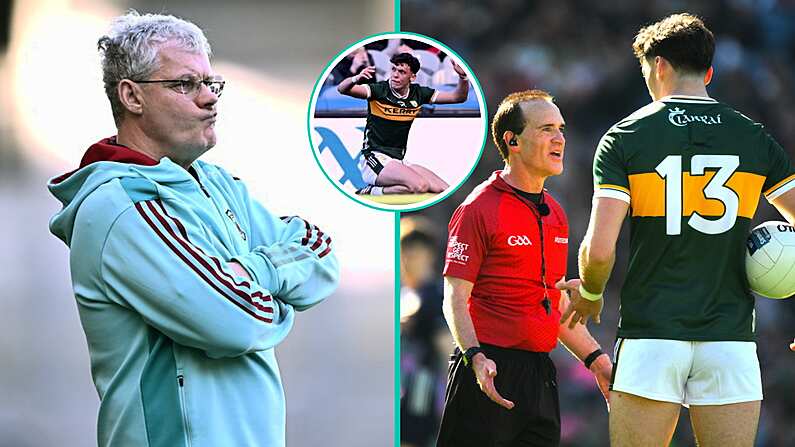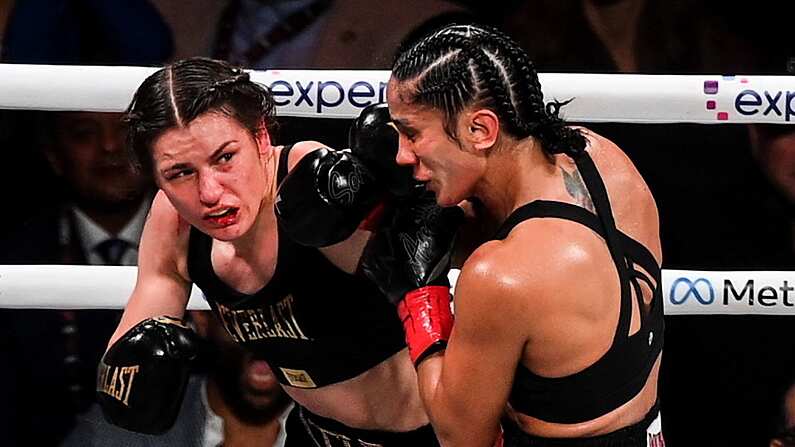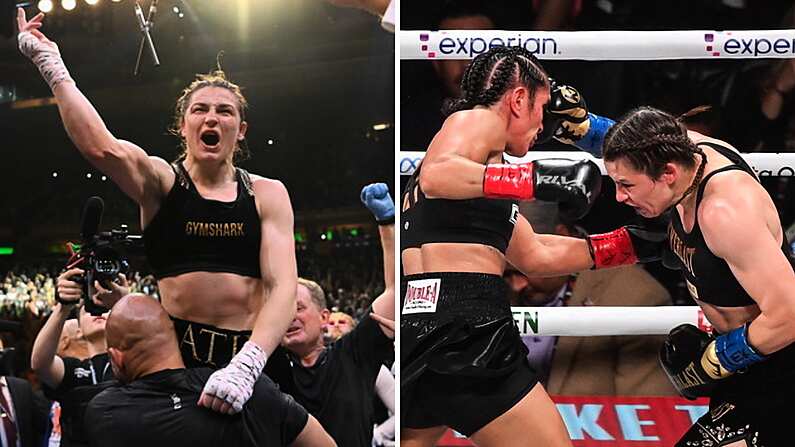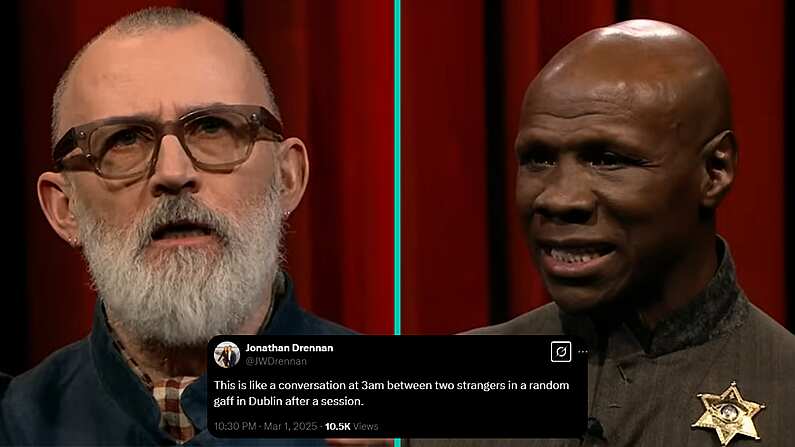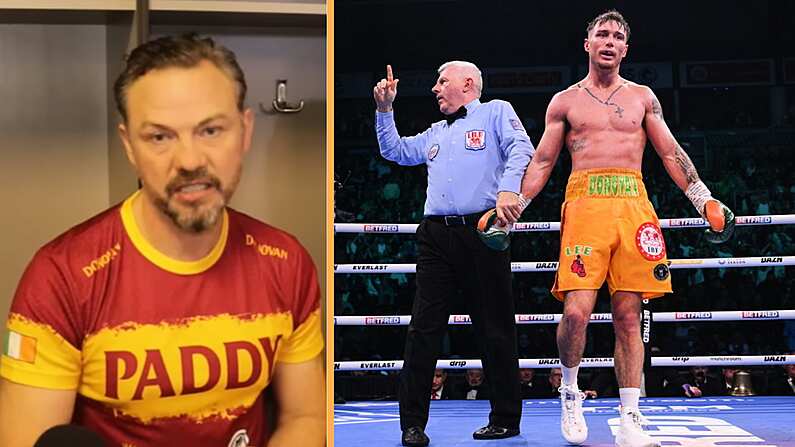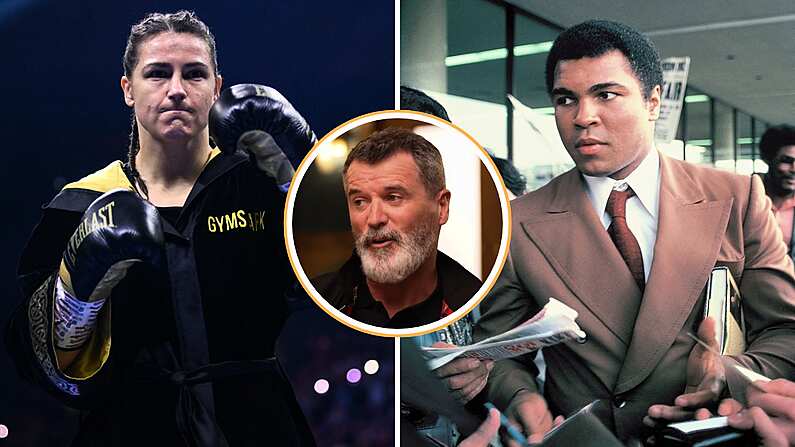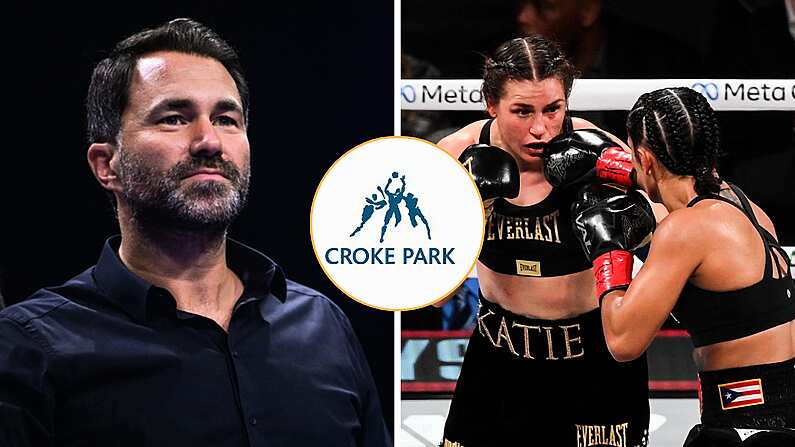Perhaps only a certain Irishman from a different fight code could run him remotely close, but it's likely that we'll never again witness the scenes Ricky Hatton sprung upon the Vegas strip in his heyday.
Hatton was the quintessential people's champion; an everyman of Manchester, who fought for everymen from Manchester and beyond. When he originally retired, he had thrown down with his generation's two greatest fighters in Floyd Mayweather and Manny Pacquiao, losing both World welterweight tile fights emphatically.
Such was the 'poor ol' Ricky' narrative when he retired, it was easy to forget he was not long ago the undefeated, undisputed light-welterweight champion of the world, and one of the finest British exports to America since the steam locomotive.
'The Hitman', who has battled depression for years, plunged into despair. Booze, drugs and crumbling personal relationships dragged him to the very brink.
"I tried to kill myself several times," Hatton told the BBC in an extraordinarily powerful new interview about his battle with mental illness.
I used to go to the pub, come back, take the knife out and sit there in the dark crying hysterically.
There were times when I hadn’t had a drink for days and I’d still come home and if something went through my mind I’d start pondering something. It was the same outcome whether I was having a drink or wasn’t having a drink.
But in the end I thought I’ll end up drinking myself to death because I was so miserable. I was coming off the rails with my drinking and that led to drugs. It was like a runaway train.
Retirement, coupled with the circumstances under which he felt it necessary to retire (two crushing, high-profile Las Vegas defeats had all but spelt the end of his 'elite' boxing status), left a void in the 38-year-old's life.
So too did the absence of his parents, with whom he fell out so publicly after his severely underrated victory over Paulie Malignaggi in 2008. Indeed, it's believed he hasn't spoken to either of them in six years.
Deciding to speak with the right people about these issues, says Hatton, has literally kept the popular boxing promoter alive:
There's nothing that will ever replace getting into the ring. You know, 60,000 people at the City of Manchester Stadium cheering your name. 'The new light-welterweight champion of the world', you know? It would be hard to replace it I think.
My boxing career is over, and I've accepted it. But, you know, when you look at death in the face and come out the other end...I am stronger for it.
But, I mean, I've come to accept that I'm never going to speak to my parents again. I've come to accept that boxing is never going to come back, and that I should look at boxing with the good times and not the bad times, and just deal with things a lot better.
But every now and again I do have a bit of a wobble and I just have to go and speak to someone and get it off me chest instead of holding it in. That's the key.
Boxers, we don't do that. We think, 'I'm Ricky Hatton, I'm Tyson Fury - I can take on the world'. And, to be honest with you, you can take on the world in the ring, but this problem called depression, we can't take it on - we're out of our comfort zone with depression. I certainly was. And whenever I have bad days now, I go and speak to someone and get it off me chest. And I have no shame in telling that. That's probably why I'm still here today.
The aforementioned Fury's own struggles have been perhaps even more widely documented than those of Hatton; The former World heavyweight champion declared himself retired from boxing - a sport with which he has always maintained a love-hate relationship, and it with him - following a positive test for cocaine back in September.
The controversial 28-year-old has always been abruptly honest about his own mental issues, on occasion even suggesting he may be bipolar, and Hatton told the BBC that he had reached out to his fellow Mancunian to see if he could be of help in recent months.
I contacted him to see if he was all right and I never got a reply.
Tyson is a very complex person. When he said what he said it was heartbreaking. To think Tyson had become the heavyweight champion of the world and should kick on with his life and his career, and for it to go pear-shaped, was a real crying shame.
Having said that, he doesn’t help himself in some interviews.
From my point of view, having not spoken to him, I don’t know how poorly or how bad he is. He might just be Tyson being Tyson.
But if he is in a bad place and is depressed, I hope he’s speaking to the right people in order to sort it out.
Depression and similar illnesses are becoming far more prevalent in boxing. In such a solitary and violent sport, they've always existed, but haven't often been discussed. In no small part thanks to figures of Hatton and Fury's renown, there is now, at least, a conversation.
But 'The Hitman' echoed the sentiments of Ireland's Barry McGuigan earlier this year with regards to prospective governance of the sport, particularly when it comes to the transition from professional fighting to retirement:
I think more should be done for boxers.
Footballers have an agent that looks out for them and a football club that gets behind them, the FA and the players’ football association (PFA) can also be there. Whereas boxers - it’s like once your time has gone it’s ‘on your way’ and move on to the next champion coming through.
The thing is with boxers we don’t come from Cambridge and places like that, we come from council estates.
So in boxing it’s very, very hard. If boxing had a professional boxing association or something like that, I think it would be a better place.
It seems to be happening more with boxers. It’s an individual sport so you get in the ring on your own and then when you retire you tend to spend the rest of your life on your own.
[BBC]
If you were affected by anything discussed in Ricky Hatton's BBC interview, you can freephone Aware on 1800 80 48 48.


